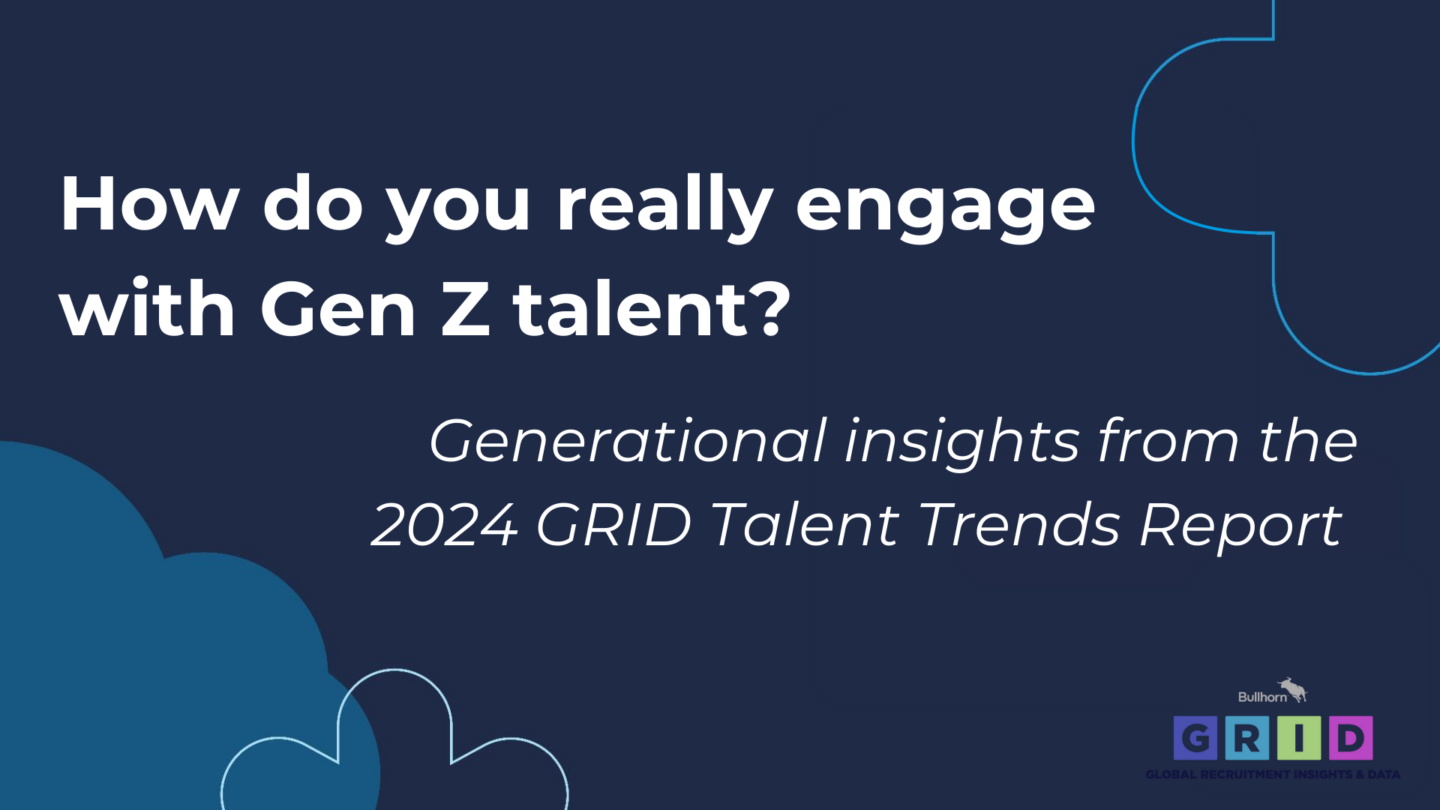Top Recruitment Trends in 2022: An International Comparison

For over a decade, we’ve surveyed global recruitment leaders to share their top priorities, most pressing areas of concern, and how they’re thinking about key topics shaping the industry. This year, we collected responses from more than 4,000 global recruitment professionals from businesses of all sizes, sectors, and types. In general, these recruitment trends show that agencies worldwide are struggling with the same challenges: candidate acquisition and digital transformation. However, every region is different and bound to have slight nuances. We would like to present these to you here, offer suggestions on overcoming these challenges, and give you strategic advice that can help make your recruitment business successful in 2022.
1. Candidate acquisition is number one in the world
The talent shortage is of great concern to recruitment professionals because there is a high demand for skilled candidates worldwide. So it’s hardly surprising that candidate acquisition is at the top of recruiters’ agenda. The UK&I region is no exception here: candidate acquisition ranks first among the top priorities.
An important question arises: what are recruitment agencies doing to counteract this? We investigated that too. The UK and Ireland are trying to gain better access to qualified specialists through diversification and expansion. On the other hand, there is a particular focus in the DACH region on further training and retraining of workers.
2. Focus on digitisation and automation
Digital transformation is still in full swing in the recruiting industry. Globally, most respondents plan to increase budgets for digitisation and new technologies in 2022 compared to 2021. Roughly one in three also wants to automate its recruiting processes. Interestingly, recruitment agencies in the US (53%) and the DACH region (48%) are more willing to invest in new technologies than here in the UK & Ireland (42%) or even in the APAC region (39%).
It is reasonable to assume that the markets in the UK & Ireland are more mature in this respect and that significant investments have already been made here in the past. Therefore, the focus in these countries has already shifted to other topics.
3. Employer branding: Now also a topic for recruitment agencies
The job market has changed disruptively into a candidate-driven market in recent years. This entails far-reaching changes for recruiters, and the internal need for employees has increased significantly. More and more recruitment professionals worldwide recognize that they need to invest more in their employer branding.
It is important to work out your own unique selling proposition (USP) to define the vision and purpose and convey it to the outside world to present yourself as an attractive employer; otherwise, it is very challenging to get and maintain good employees.
Recruitment professionals feel particularly strong about this in the UK&I and APAC, where around every fourth person focuses on the subject of employer branding. This isn’t as big a priority in the DACH region, where only around every fifth recruitment professional defined employer branding and marketing as a top priority for 2022.
4. Upskilling: Further training as a way out of the recruiting crisis?
“To win the race on talent, we must forever upskill.” This could become the motto of the recruiting industry to describe the desperate search for specialists. Further training and retraining is a practical approach to cover the need for skilled candidates. Recruiters who cleverly offer such through academies will benefit from a critical competitive advantage in the medium and long term.
The respondents from the UK&I, in particular, recognised this. While 1 in 6 would like to use upskilling and reskilling as a promising measure against the shortage of skilled candidates, this path is only relevant for around every tenth colleague from North America.
For the DACH region, this is double where almost every fifth person would like to use upskilling and reskilling. However, cultural differences could play a role; in North America, lateral entry and learning-by-doing meet much broader acceptance than on the German job market.
5. Improve the candidate experience
With the changes in the job market, candidate experience is becoming a big focus in the recruitment industry. More and more applicants complain via social media about ghosting (missing or no feedback from the consultant), unsuitable job offers when approached directly by recruiters, and the time-consuming and tedious application processes.
Recruitment agencies can and must take countermeasures here by identifying weaknesses in their processes by conducting NPS surveys and improving the candidate experience.
Even if the candidate experience is an essential topic for the global recruiting industry, the level of importance varies from each region: While in the APAC and Benelux countries, around one in three respondents sees improving the candidate experience as an essential task, it’s only about one in five in the DACH countries. The candidate experience is the lowest priority for UK & Ireland respondents, where only 16% find this topic important.
You can find more exciting results from the U&I in Bullhorn’s Recruiting Trends Study 2022 here.








